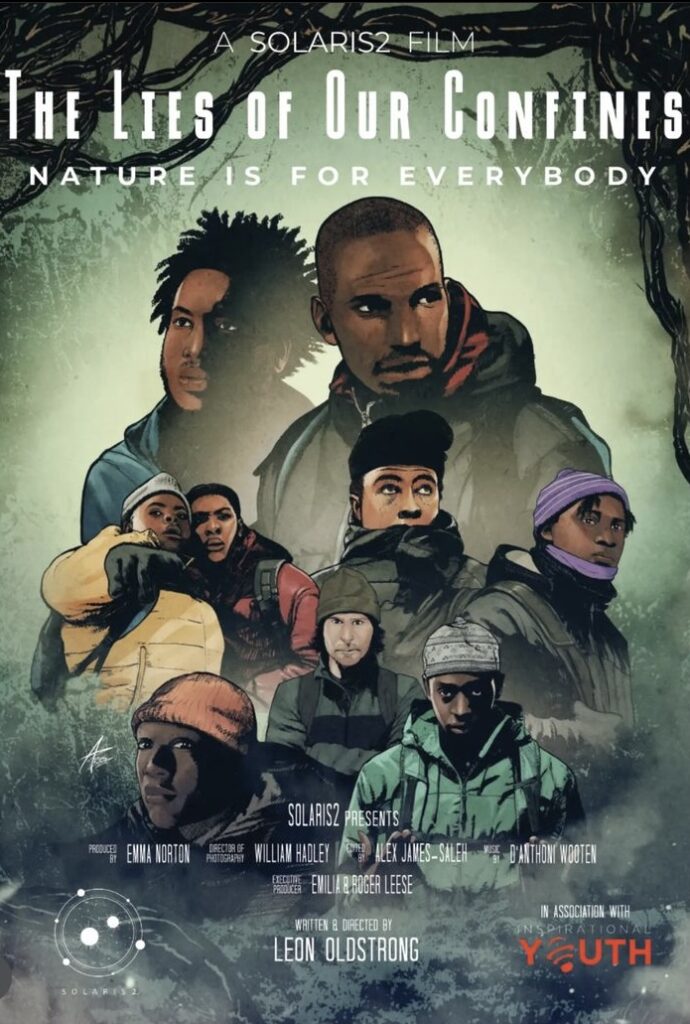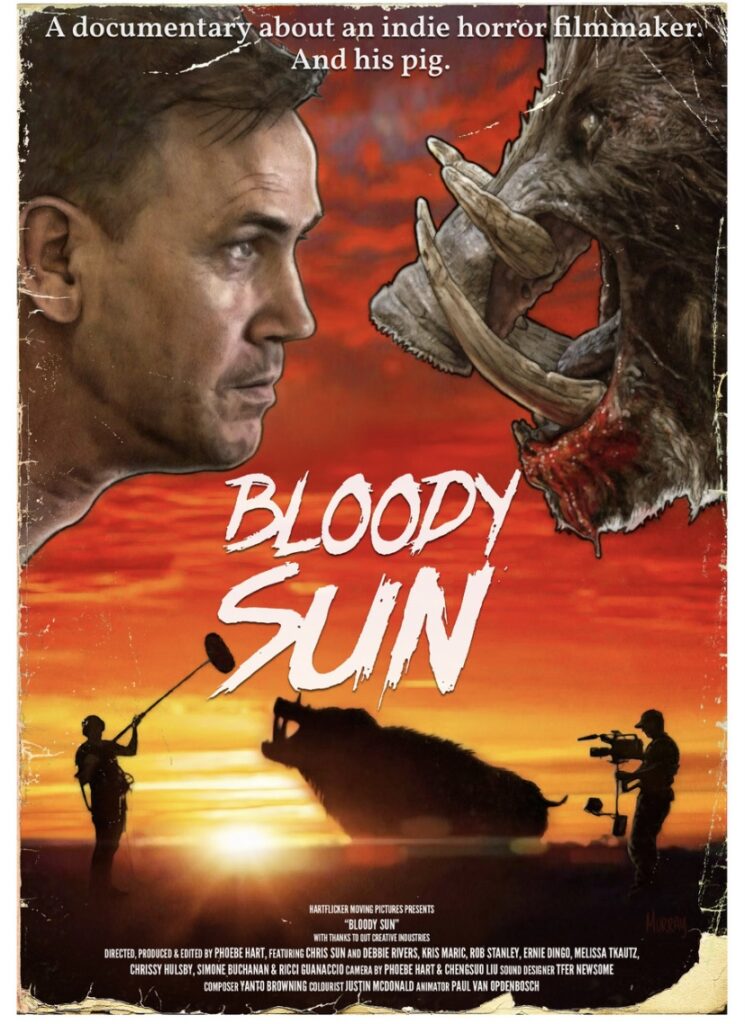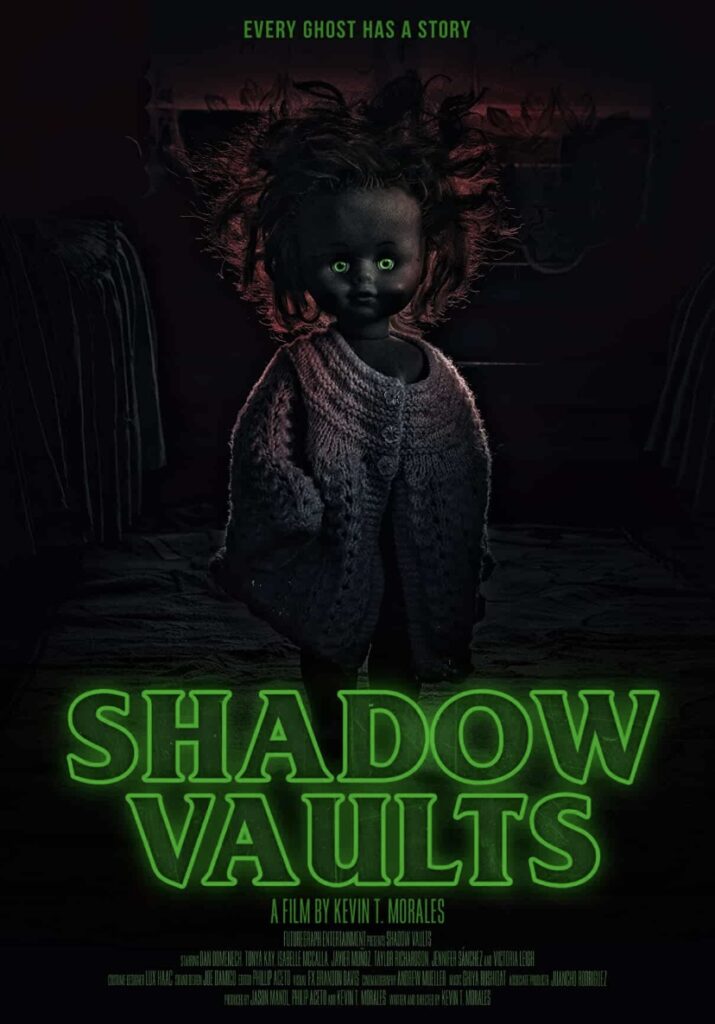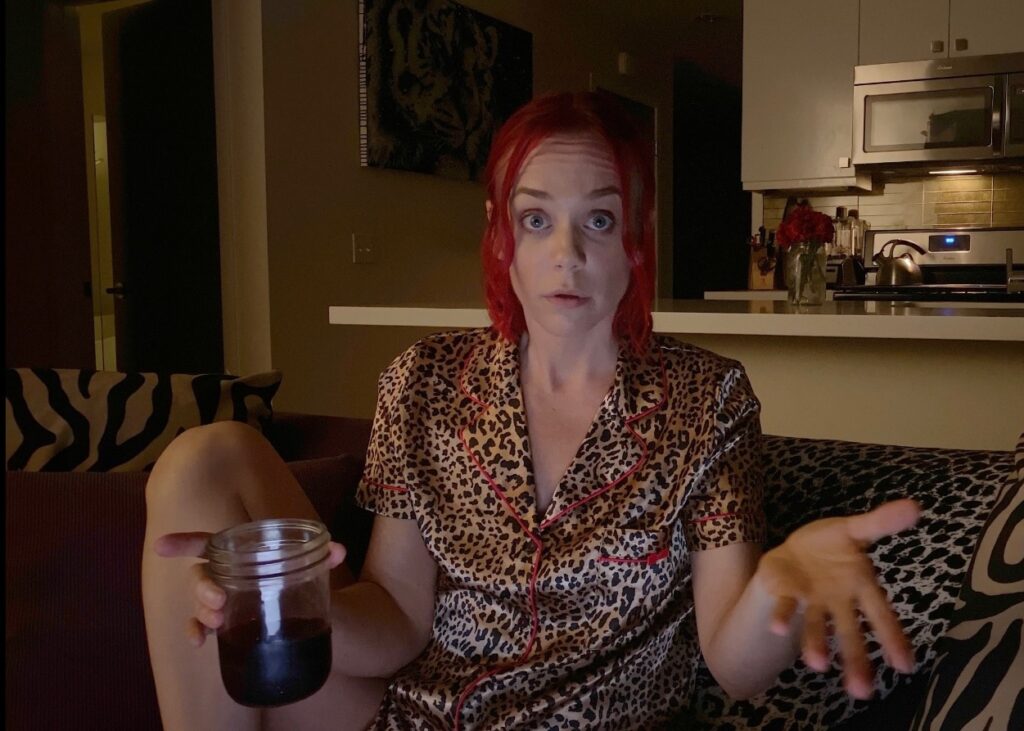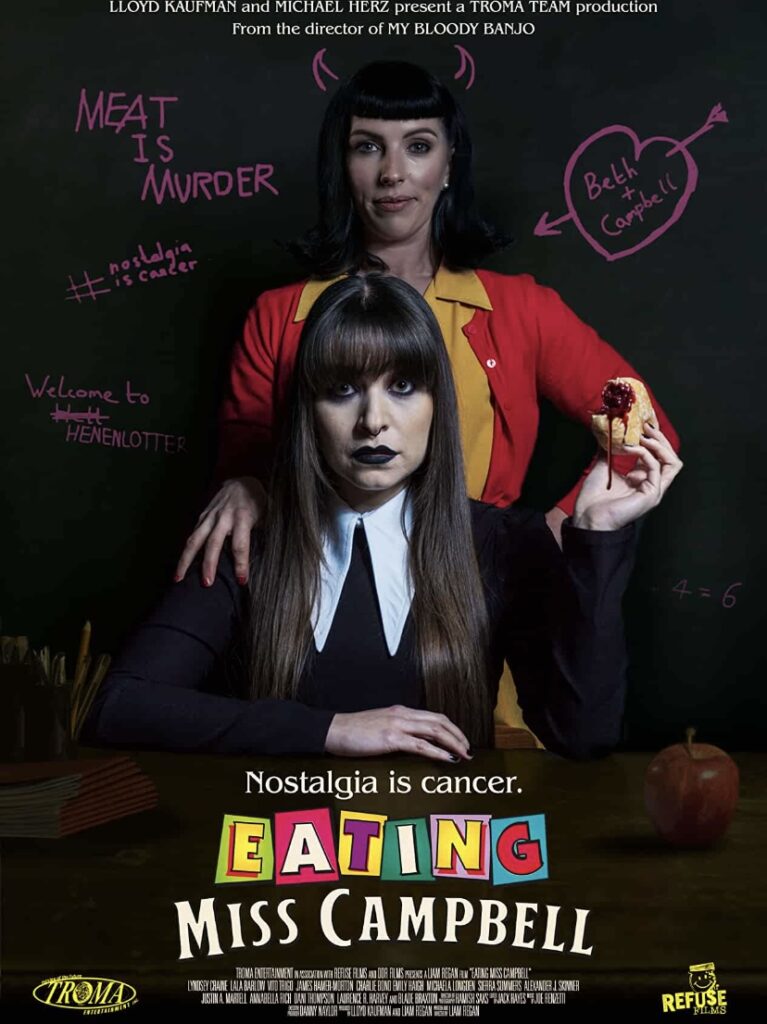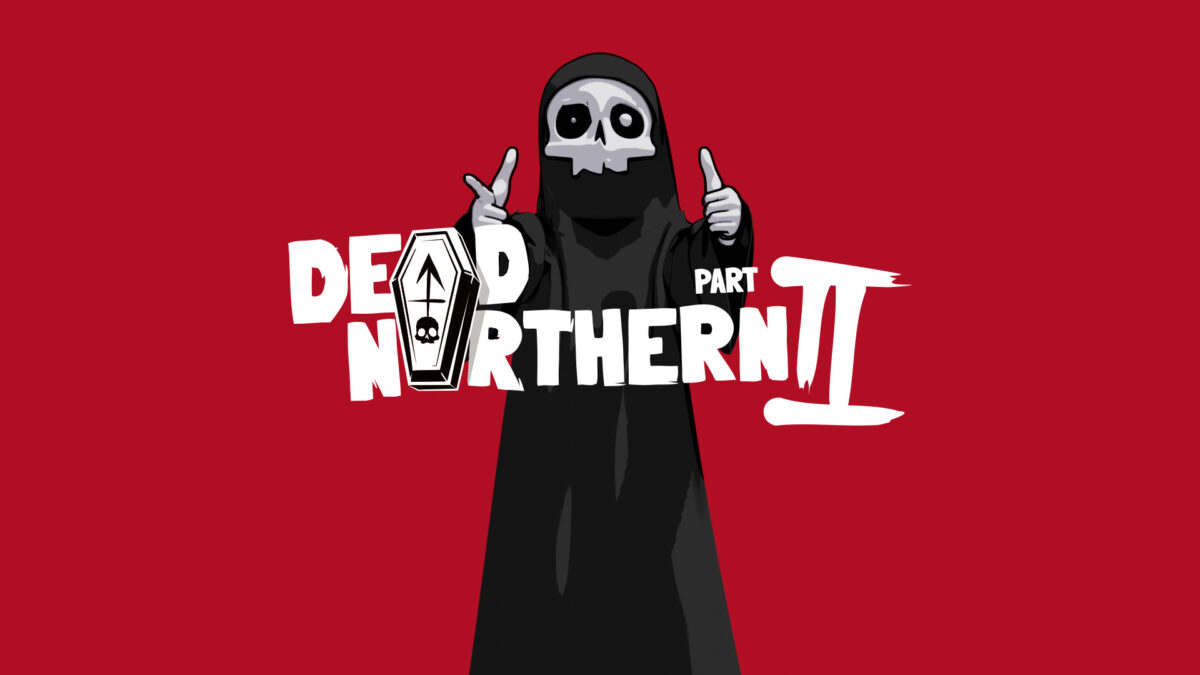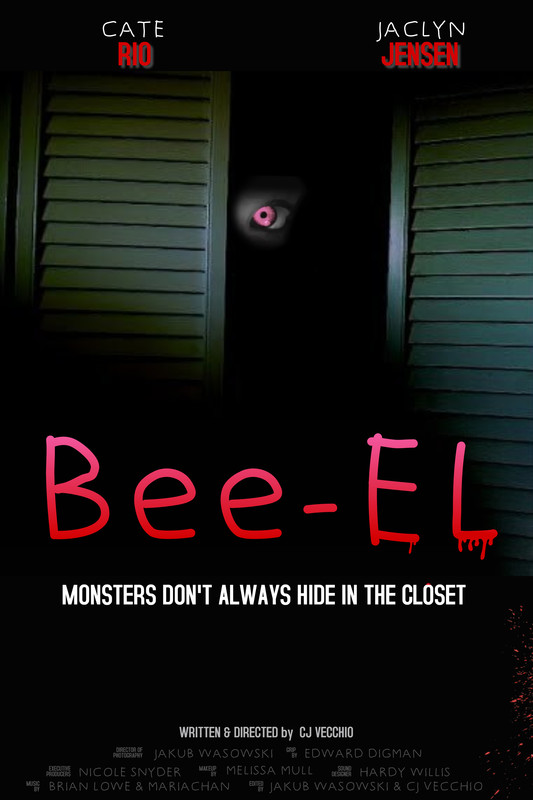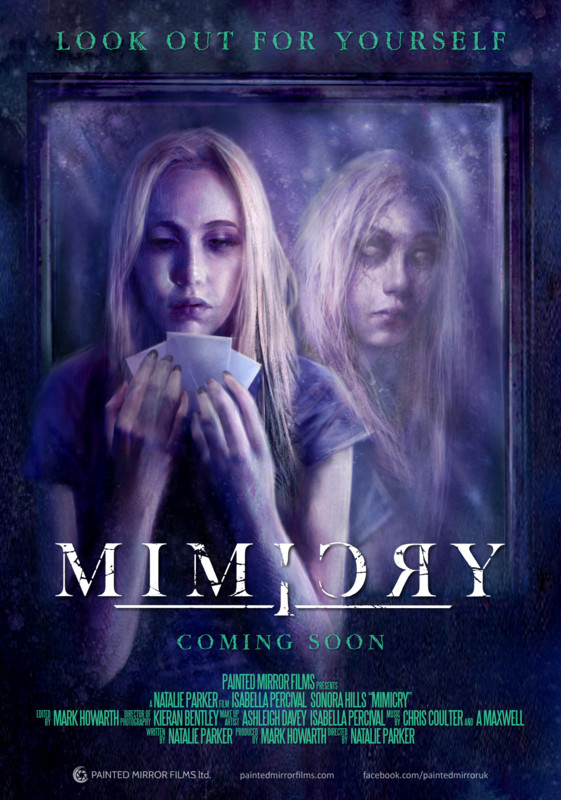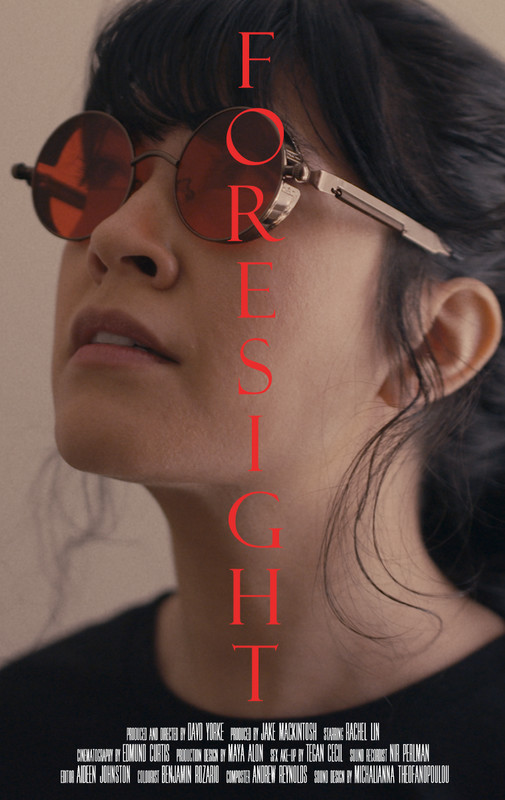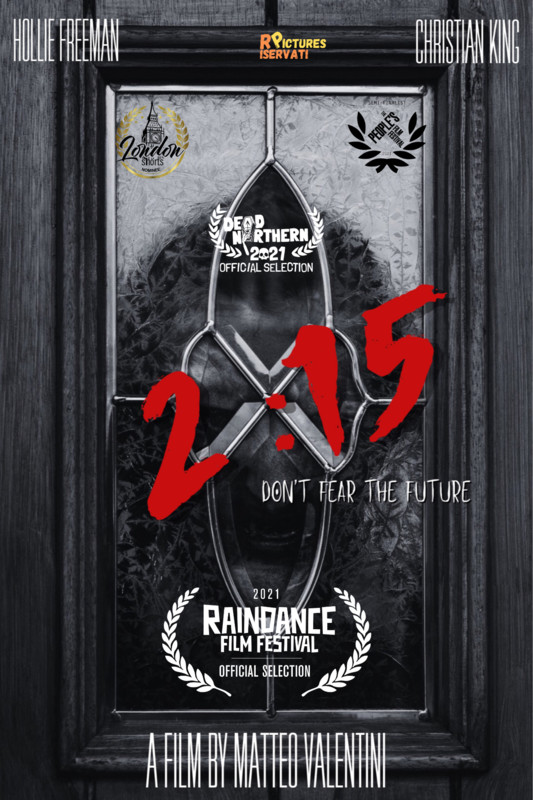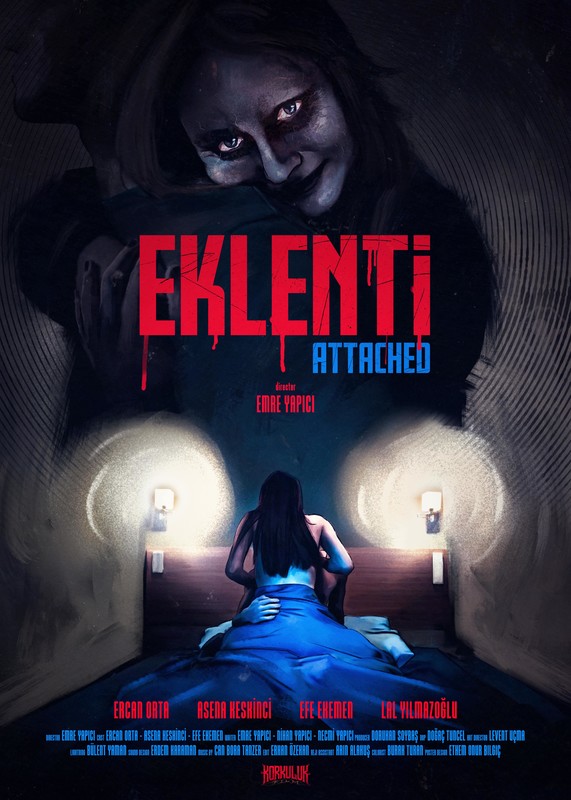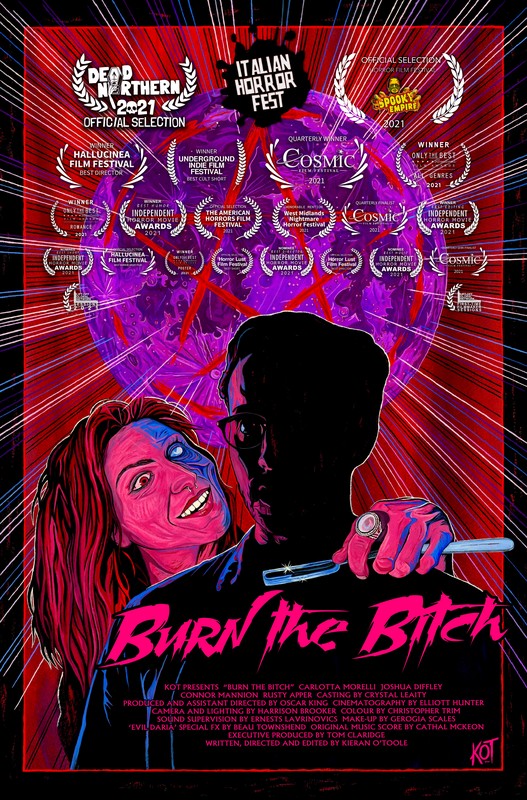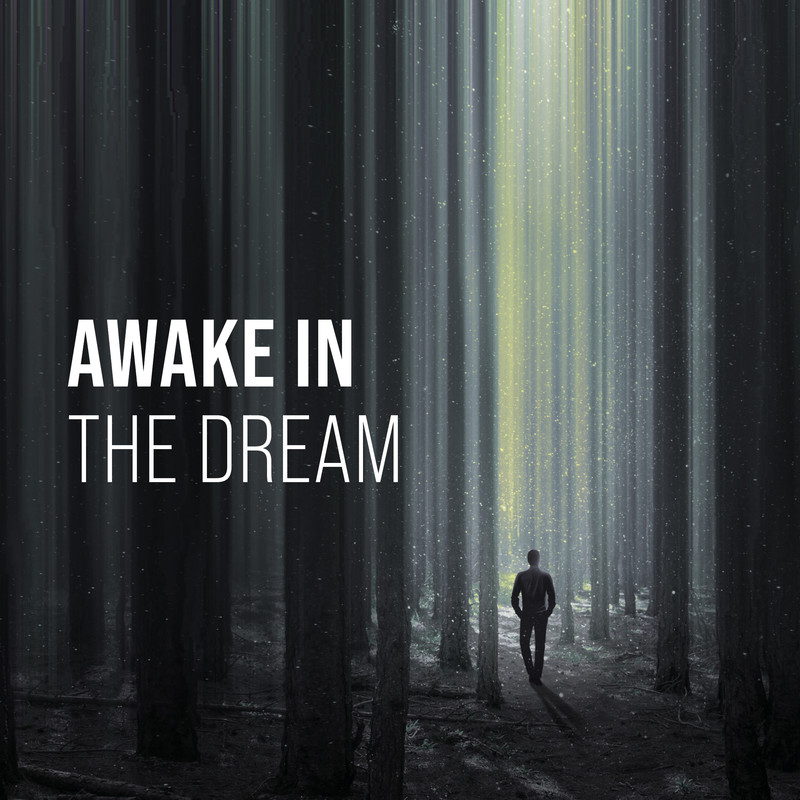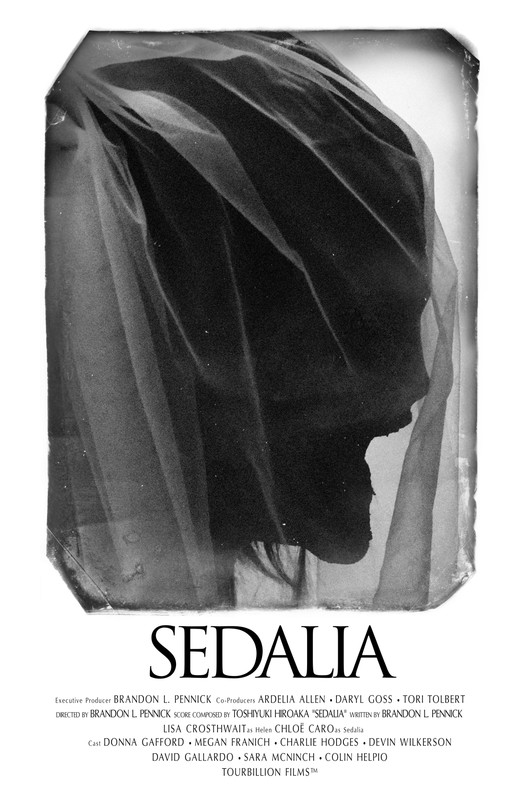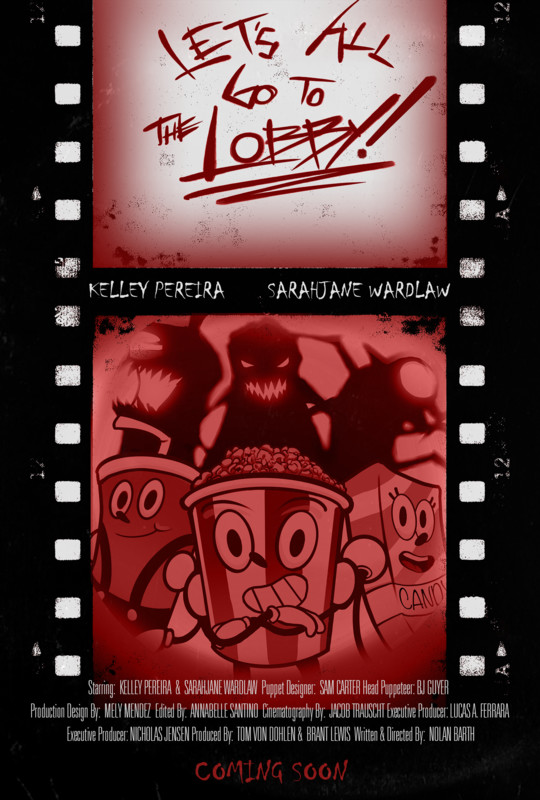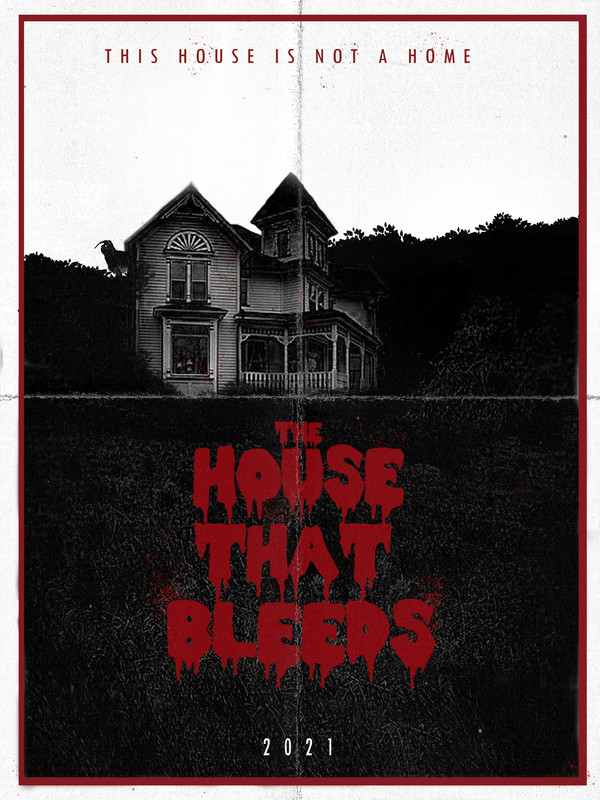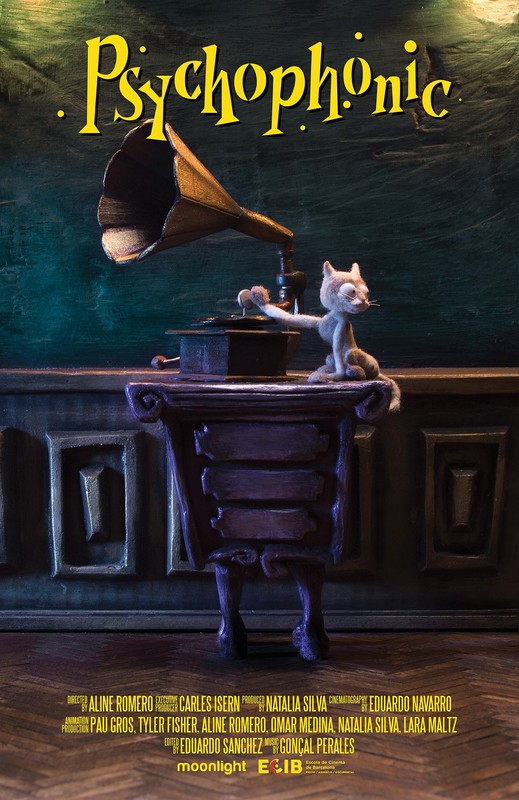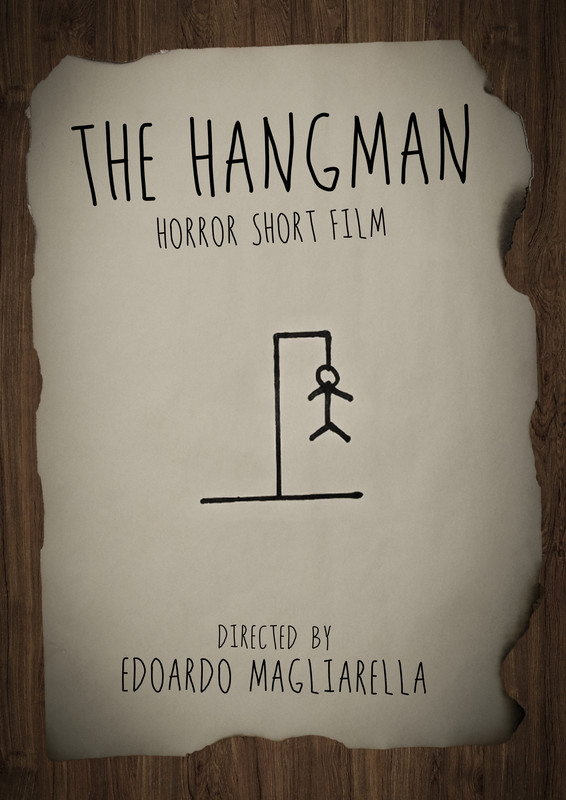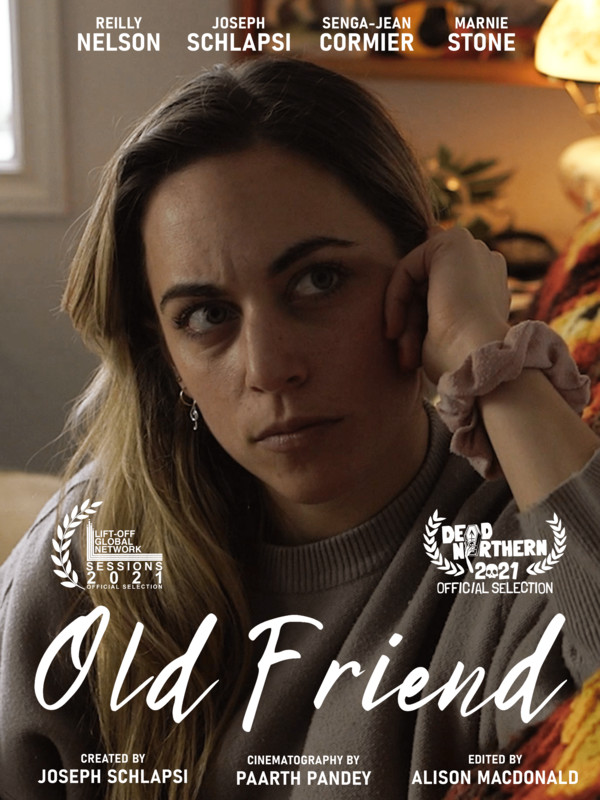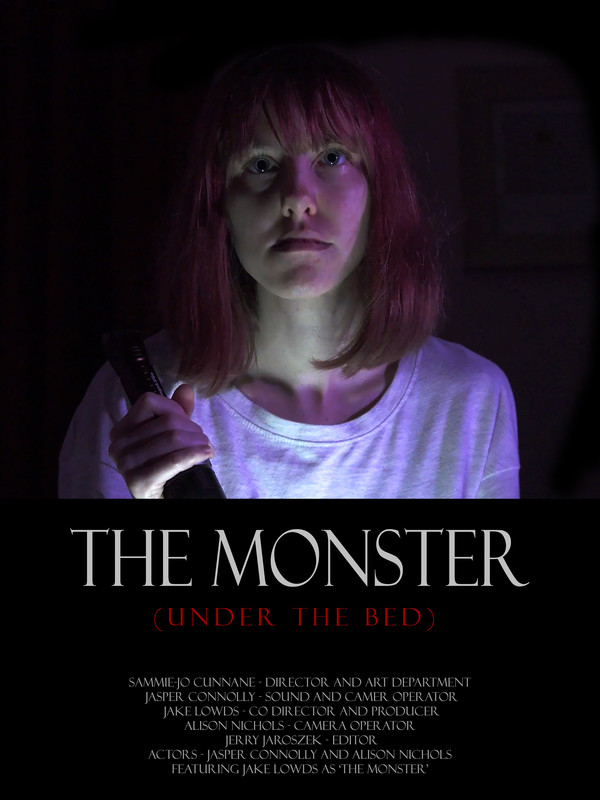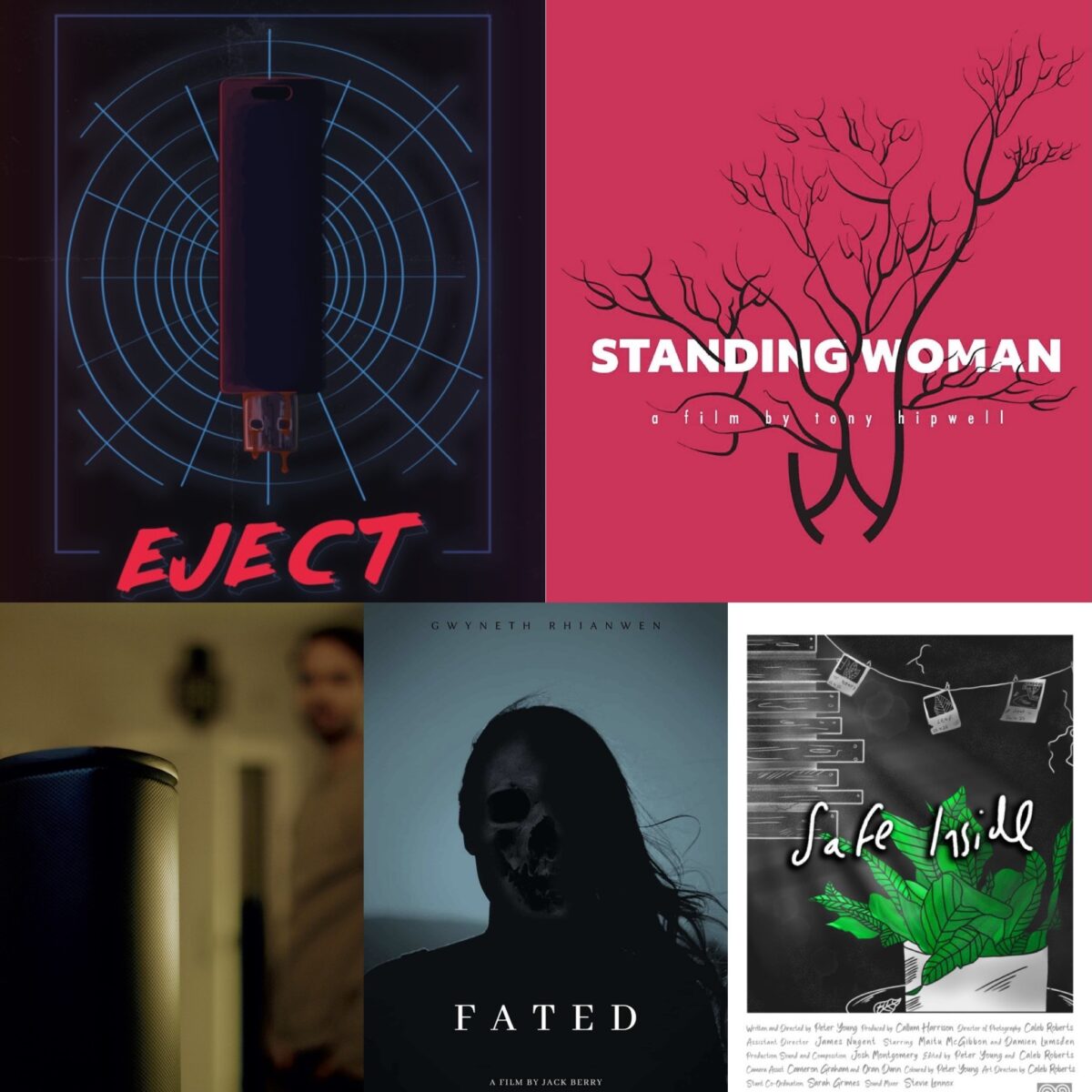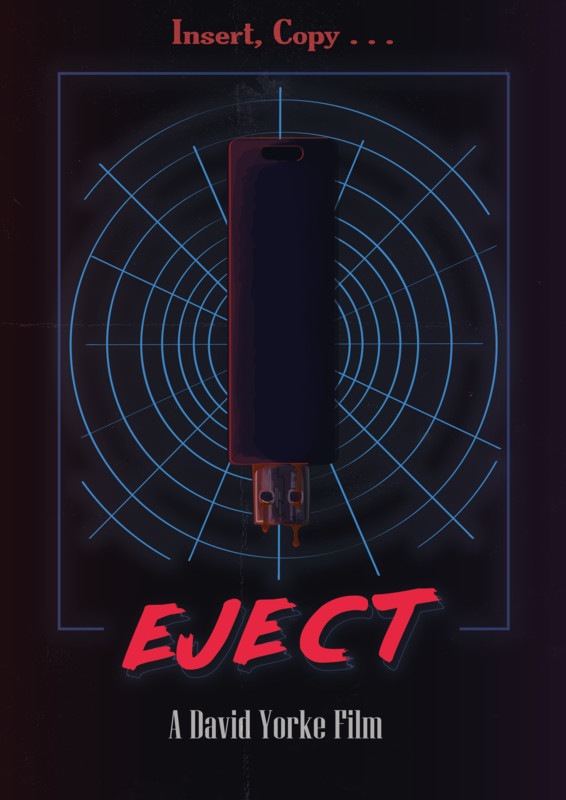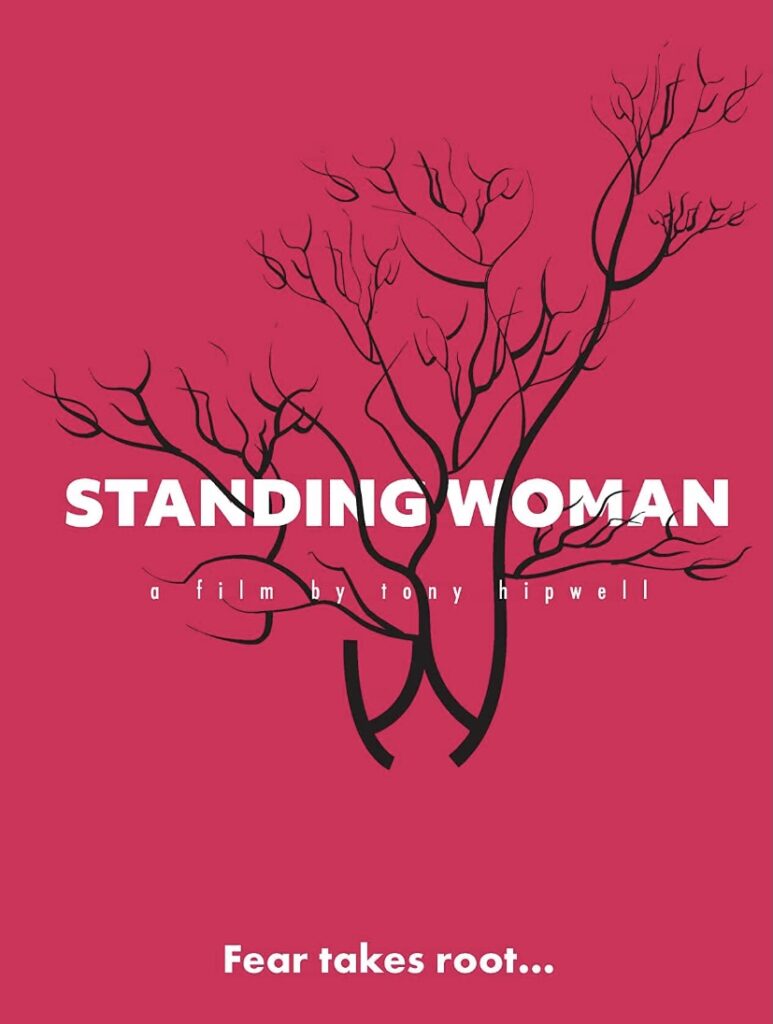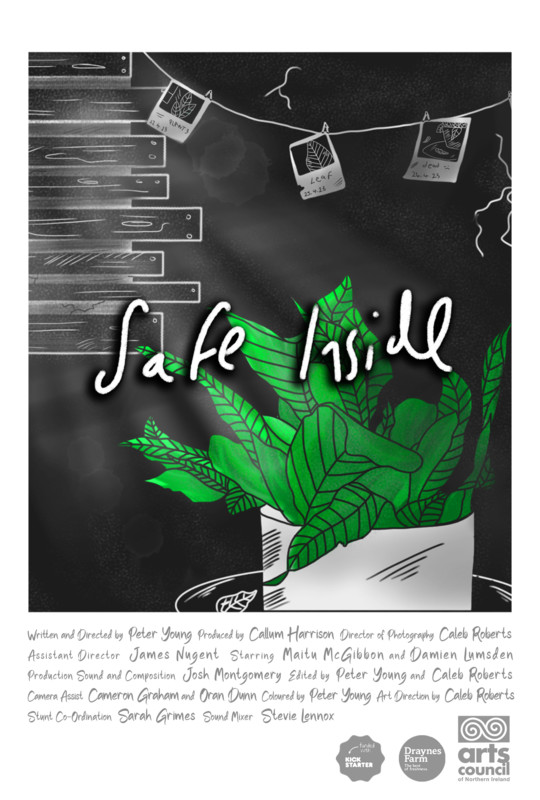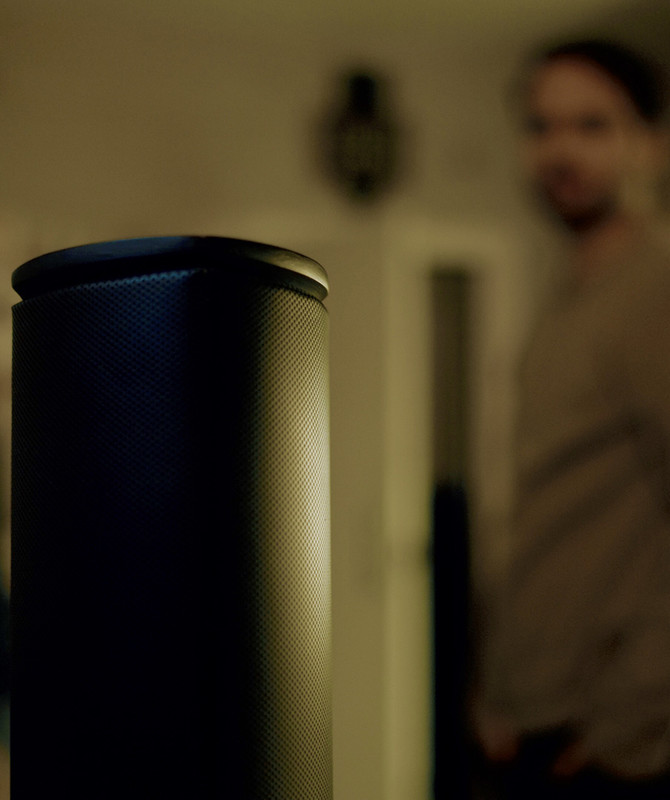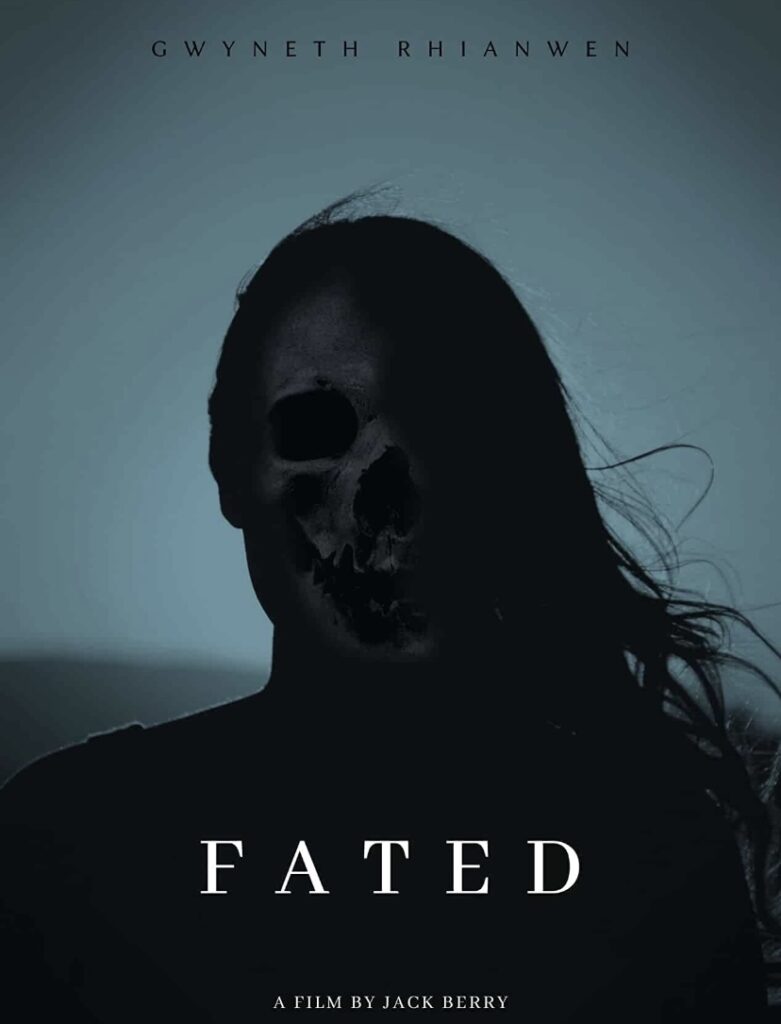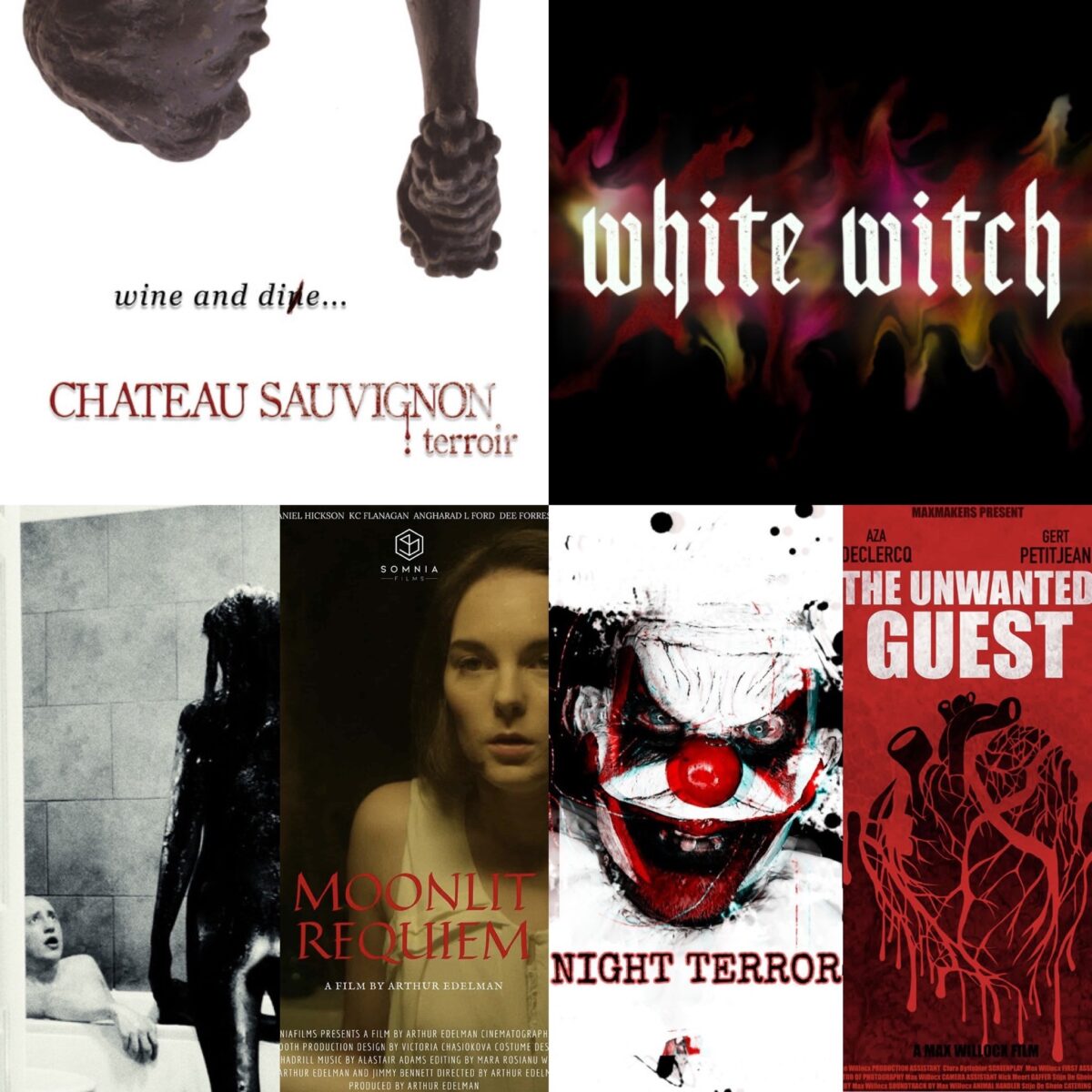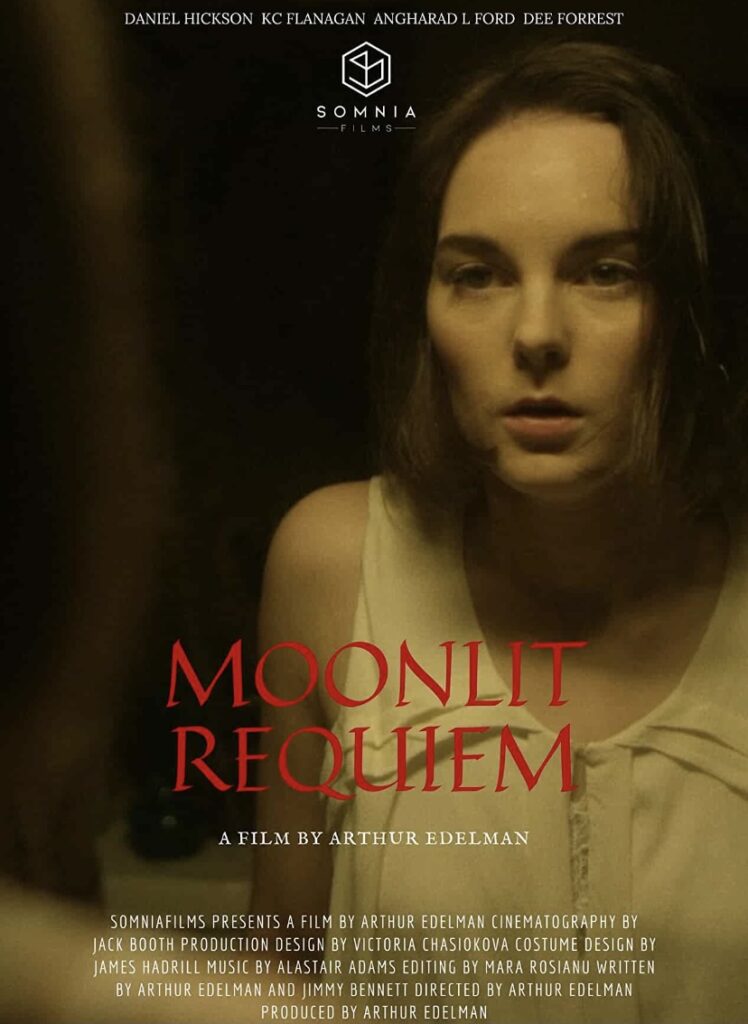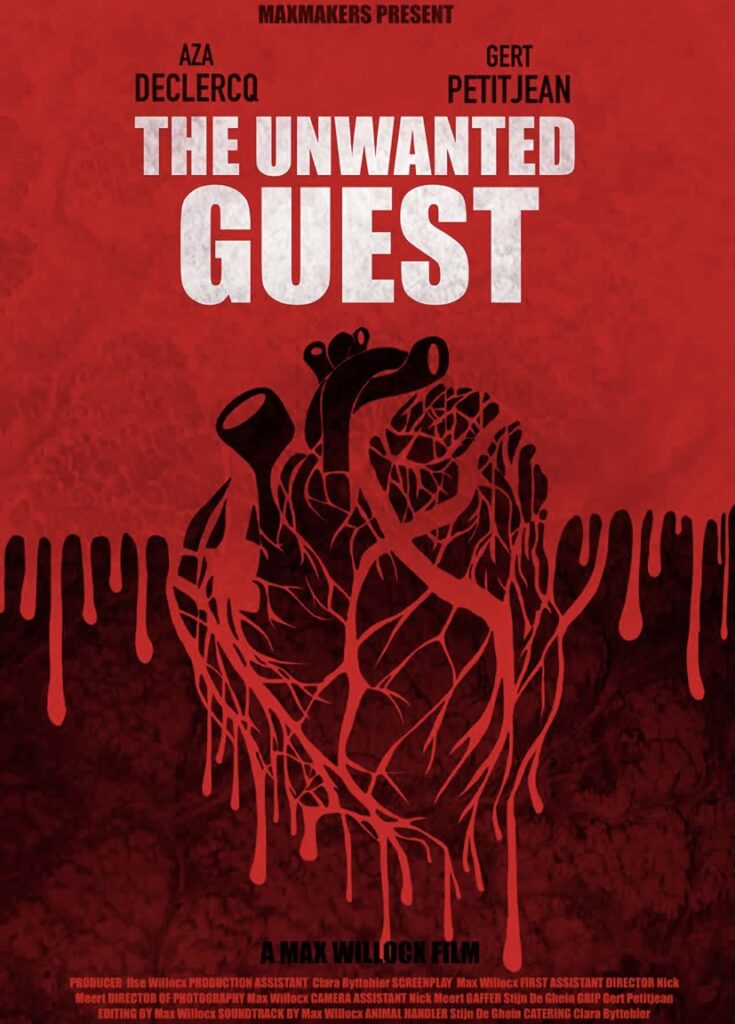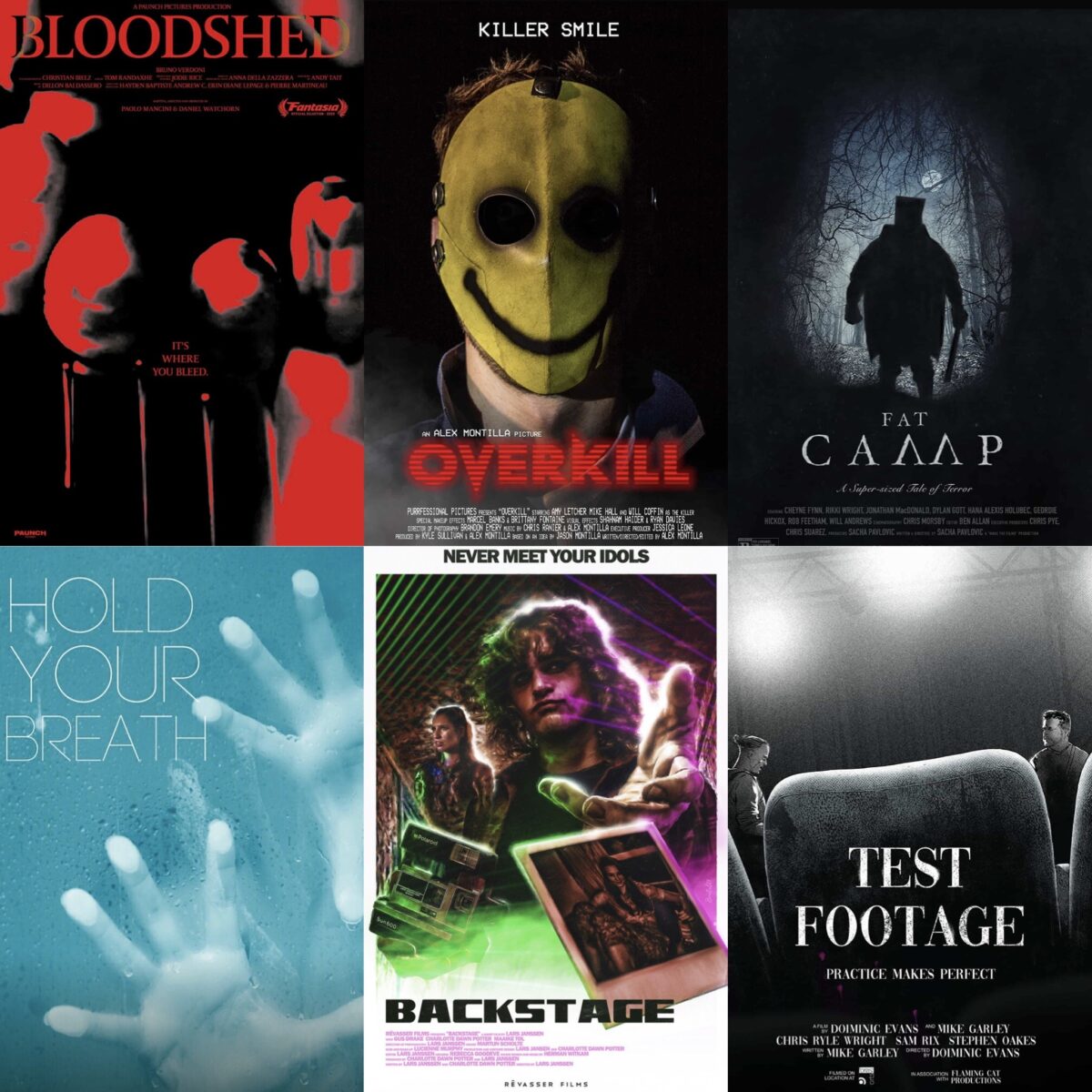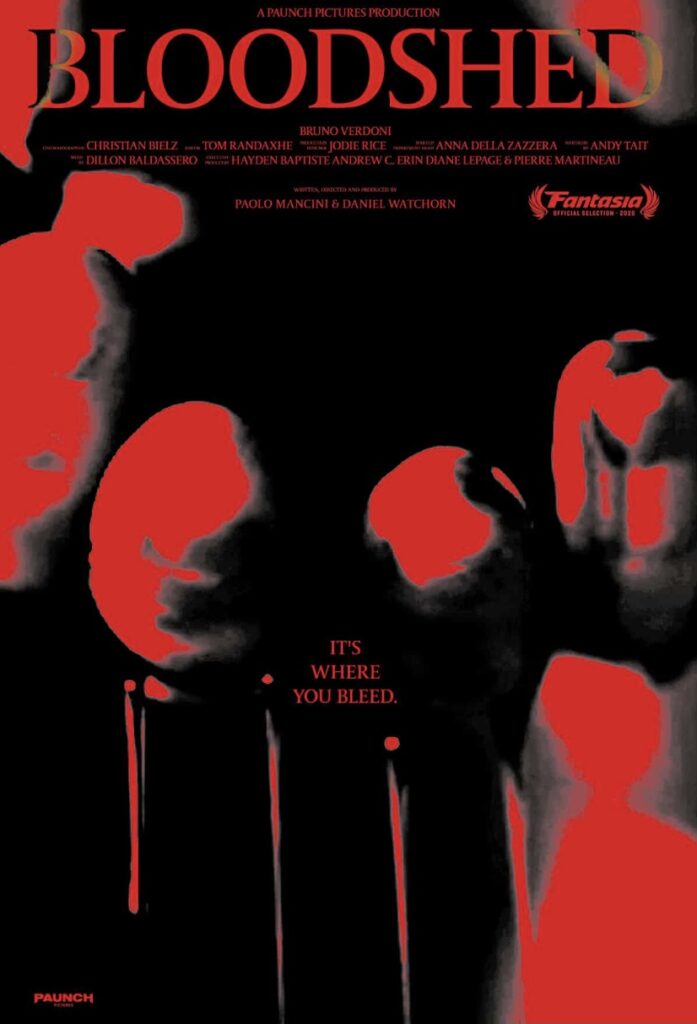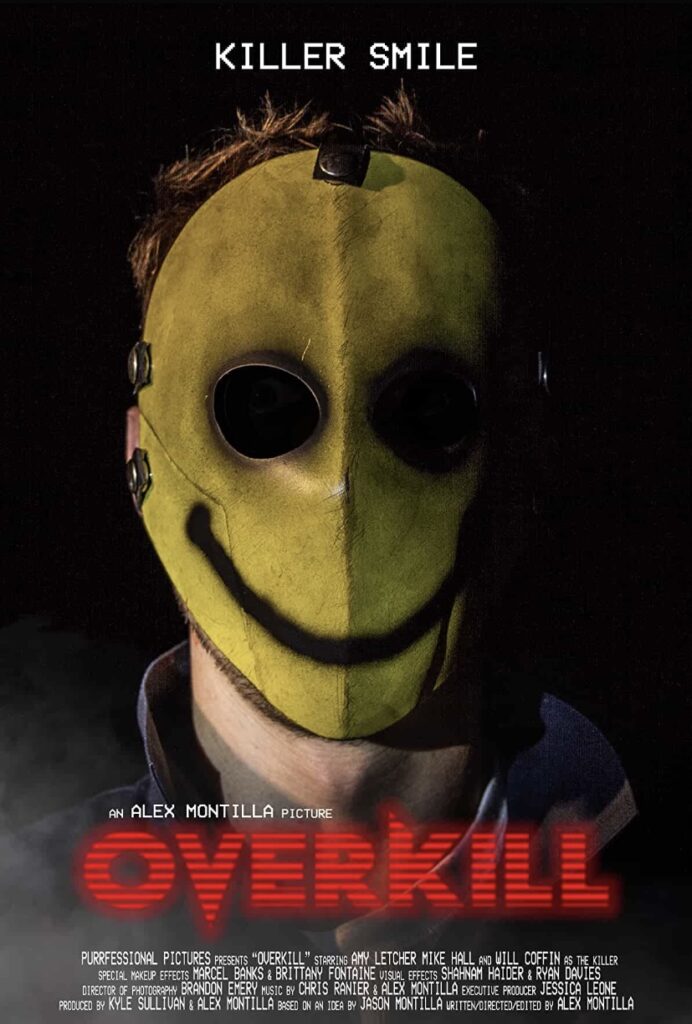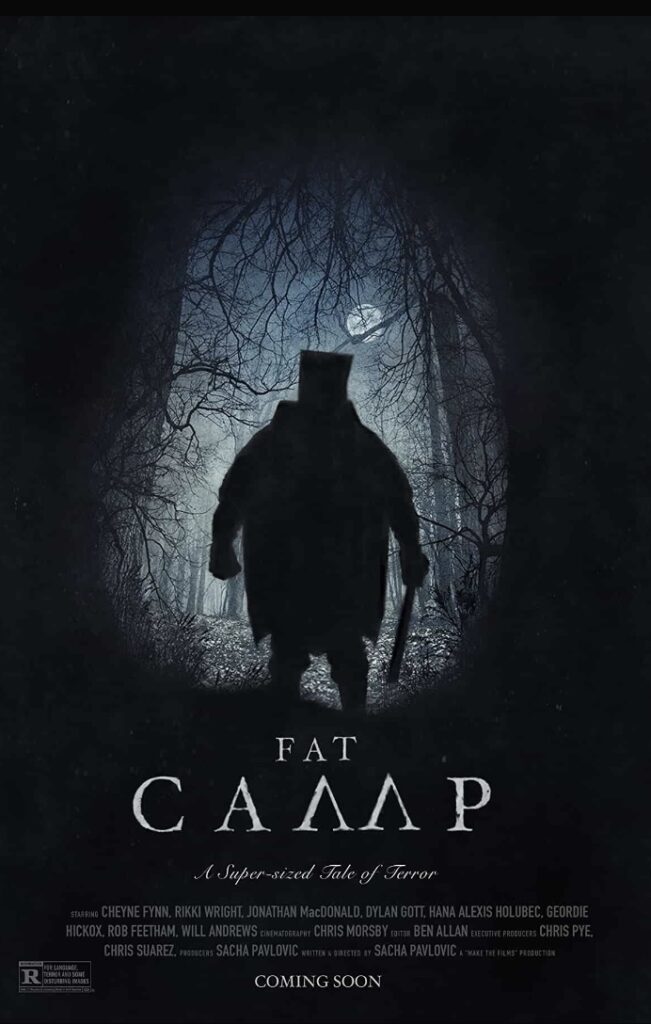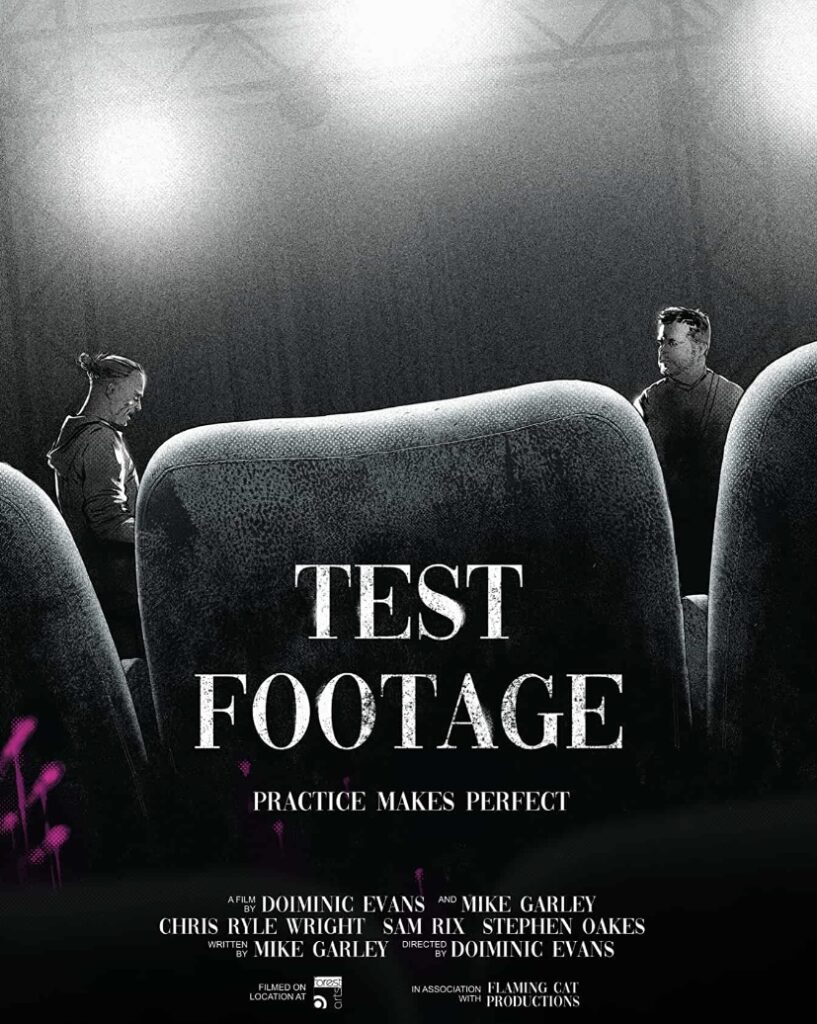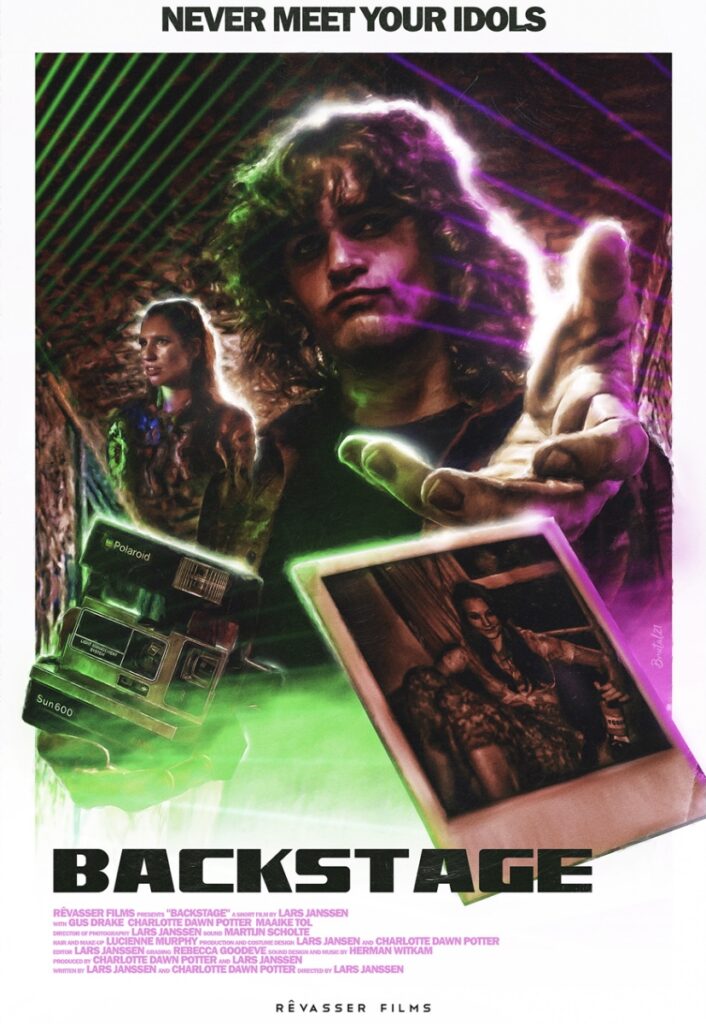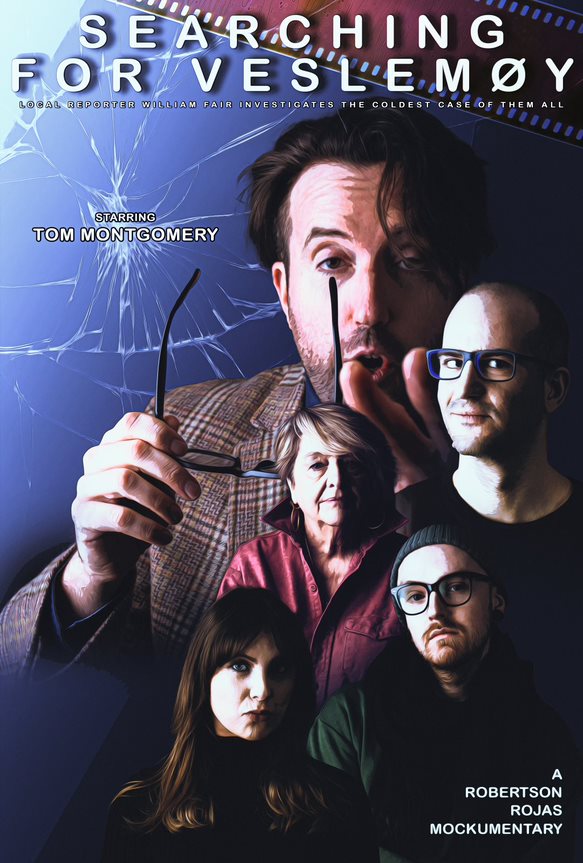

Searching for Veslemøy chronicles the greedy attempt to bring in fame and fortune by a self absorbed reporter through bringing a cold case back to life in a trick to desperately launch his career. However, when the dice begins to roll and eccentricity takes the stage, events soon turn south.
This upcoming found footage riptide comes from the creative mind of Leo X. Robertson. Robertson has been making an impact in all things media within recent years, with his work ranging from authoring novellas to founding the Stavanger Filmmakers Club all spelling an exciting future for the Scottish native. His previous feature Burnt Portraits (2021) surveyed harsh truths that unearth when the psyche is truly at its most vulnerable, leaving the viewer both unwinding the labyrinth of deep meaning behind the narrative whilst also being mystified over the naturalistic, gritty tone.

Searching for Veslemøy doesn’t fall into the trap of being a spiritual carbon copy of the directors previous work, instead, the innately authentic and perplexing journey that the film takes us on is entirely unique and very much unlike any feature currently on the market. Straight off the bat the film creates a warm welcome, thanks to the faux documentary element, with Robertson fully understanding and using the familiarity of home video style to lull us into a false sense of security. However, a horror is a horror; and like a Jack in the box, we sit sheepishly waiting for the mystery to untangle. As that tightly wound cord of tension that Robertson so carefully forms unravels, the narrative direction both deliberately bewilders and eerily reaches an unprecedented peak.

Permeating the film’s bleak, yet witty tonal complexities is the mockumentary format that by nature performs as if the events were captured as they happened, not only intensely involving the viewer, but also integrating a cold, harsh sense of realism that is bonded even further by Robertson’s off-kiltered script brimming with dark humour. In accompaniment of the bona fide expressionism are the performances that capture the curious and prying capabilities that come to the surface when a small town mystery arises. The range of talents from the likes of Tom Montgomery, Berit Rødsås, Rebekka Irene Skjæveland, Khonia Koushan, Raphaël Meurice, and Filip Haaland all excel in delivering that rarely reached level of legitimacy that sells the entire premise of a true story.
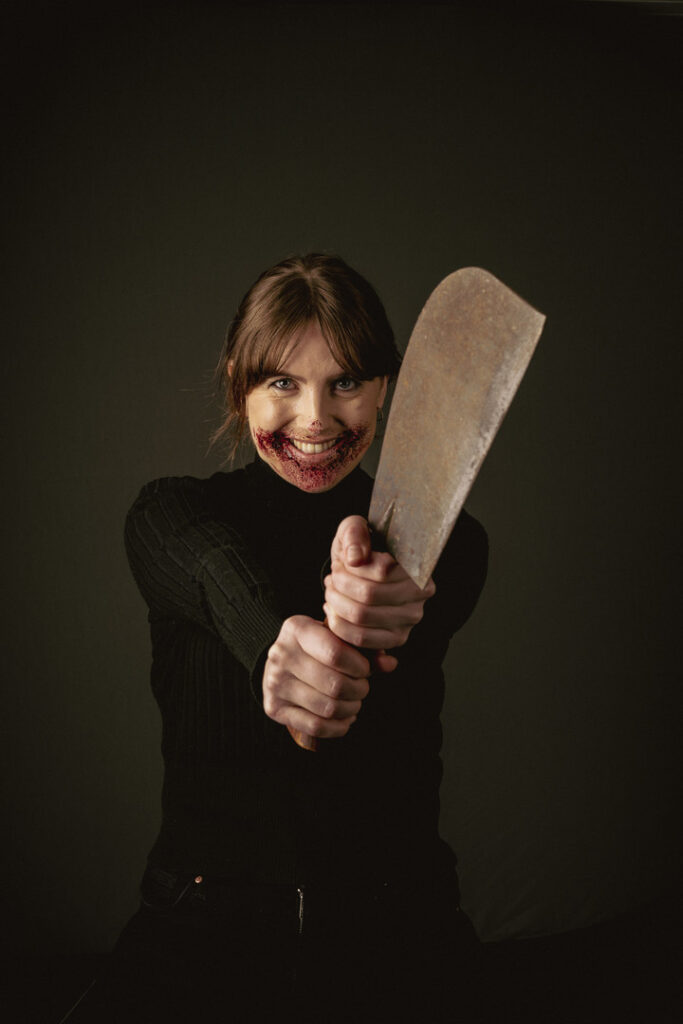
Robertson proves that he is not a one trick pony at all, with his filmography including Burnt Portraits and Searching for Veslemøy all dabbling in alternative themes and filmmaking methods, whilst keeping the dialogue uniquely exciting and the atmosphere tense and engrossing.
Check out the film and much more at this years festival, tickets here…


